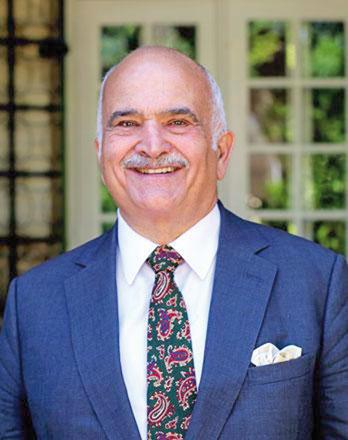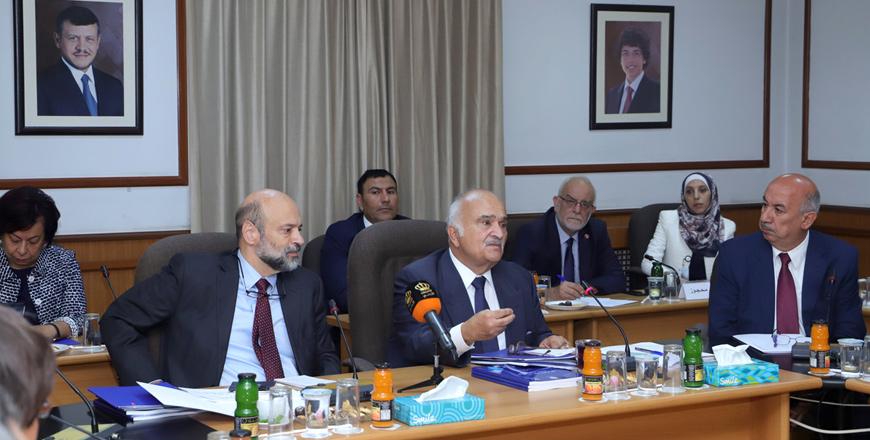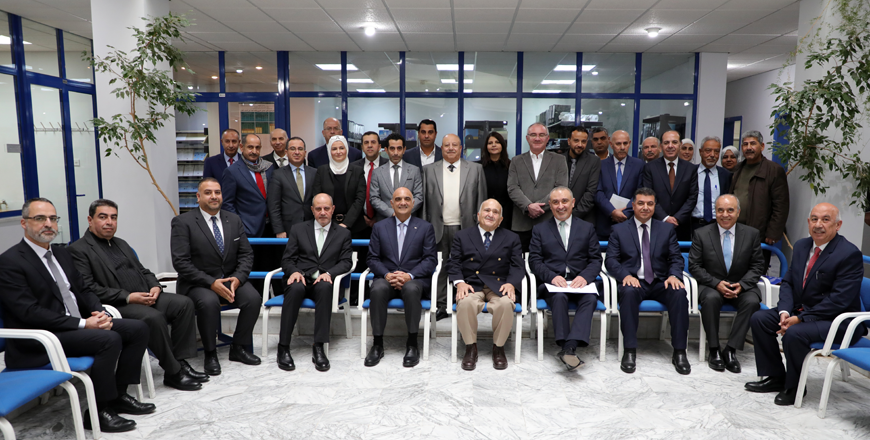You are here
Quality education vital to bridge labour market's supply-demand gap — Prince Hassan
By JT - Aug 24,2021 - Last updated at Aug 24,2021

AMMAN — HRH Prince Hassan, chairman of the Higher Council for Science and Technology (HCST), on Tuesday called for enhancing the quality of education to bridge the labour market’s supply and demand gap, the Jordan News Agency, Petra, reported.
During the virtual launch ceremony of the sixth phase of sectoral studies, he urged the development of a joint plan for training and employment that ensures coordination between the public and private sectors.
The sectoral studies, conducted by the National Centre for Human Resources Development, examine the gap between supply and demand in the transport and metal industries.
The prince emphasised the importance of integrating sectoral work and reaching objective and purposeful research results.
He called for bolstering regional cooperation by providing data and information to achieve integration, stressing that "no country is solely capable of balancing the water, energy, and food nexus".
The prince recommended establishing a water data bank to address water issues.
Prime Minister and Minister of Defence Bisher Al Khasawneh underlined the "rich nature" of the study, highlighting its quantitative analysis of the workforce distribution in vital sectors, by focusing on gender and the sectors’ capacity to employ persons with disabilities.
The diagnostic study identifies challenges faced by workers, he said, adding that the solutions to these challenges will contribute to addressing poverty and employment.
The head of the National Centre for Human Resources Development Abdullah Ababneh said that the centre is conducting two studies to identify the quantitative and qualitative gap in the sectors of agriculture, electricity supply and renewable energy.
Ababneh added that the partnership the centre has with the Ministry of Labour, the Vocational and Technical Skills Development Authority, and the sectoral councils is based on maximising investment returns by developing human resources.
The ministers of Labour, Energy, Mineral Resources, Agriculture, Education, Higher Education, Scientific Research, and the Environment presented projects and plans to be carried out by their ministries during the coming period, which aim to reduce the high rate of unemployment and improve infrastructure.
Related Articles
AMMAN — HRH Prince Hassan, chairman of the Higher Council for Science and Technology (HCST), on Thursday attended the launching event of the
AMMAN — HRH Prince Hassan, chairman of the Higher Council for Science and Technology, on Thursday attended the launch ceremony of sectoral s
AMMAN — A total of 31,412 labourers were employed by the mining sector in 2019, 76 per cent of which were Jordanians, a study revealed on Sa


















